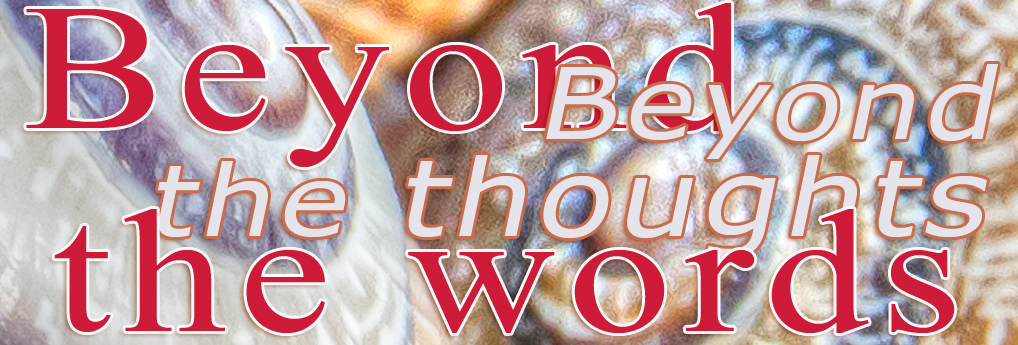Stefan Zweig, the one who feels so deeply. For whom his bond with people always seemed to be based on psychological knowledge, on analysis. He shot himself in 1941 in exile in Brazil. He felt too much. Too much of the world’s suffering of that time. No psychological analysis was involved in this depression of his. He was flooded by the darkness, the brokenness, the fear, the helplessness of the people of the world.
And how, a decade earlier, he had bludgeoned Tolstoy and his second life’s work, his religious knowledge, with a self-righteousness and harshness he had never known. He was unable to experience, in his life-promoting, heart-warming, artistic Vienna, that there really is only one way to save humanity or, since he became so unusually loud on the subject, perhaps he did not want to admit it to himself: The realisation of the futility of existence in self-interest and the only redeeming path from violence to devotion. And only devotion. Away with all external shadow play, which only serves the individual, which only serves the struggle – even if it is for the domination of the world through science.
Zweig, who felt so deeply, could not feel Tolstoy’s awakening at the time. He thought it was the extravagant, illogical words of a man in the male menopause. Unworthy of the great works from the first half of his life. From a distance he could not feel. The pulsating city muffled all this tender sending of Tolstoy’s words, the one behind the words and still – unrecognisable to either – the one behind the thoughts.
As fallible and clumsy as Tolstoy the thinker, the intellectual, the observer of the world in the smallest detail, the man of reason, presented his inner knowledge and tried to live it, but as true was the ray of light of the divine that fell into his eye.
Zweig saw only the implementation of Tolstoy’s teaching by the latter himself and his failure in it. That Tolstoy only had to point out, bring into the world and leave the doing to others, neither recognised. Tolstoy despaired of this, Zweig saw this desperate failure as proof of the unfulfillability of the teaching.
In the madness of the all-shaking world war, Stefan Zweig no longer had any answers. No inner knowledge that could have redeemed him.
A few months in a Buddhist monastery or in the presence of an Indian master, Zweig, the feeling one, he might have experienced Tolstoy’s truth for himself there – far away from the hustle and bustle of desires and vanities. And perhaps then, back in Brazil, he would not have had to end his life…. He would not have had to stand at the end of the cul-de-sac in which the human being stands helplessly, who throughout his life has always relied only on the external and now, with a horrified look, paralysed, has to face the destruction of his material world, so beloved, so only to him.
